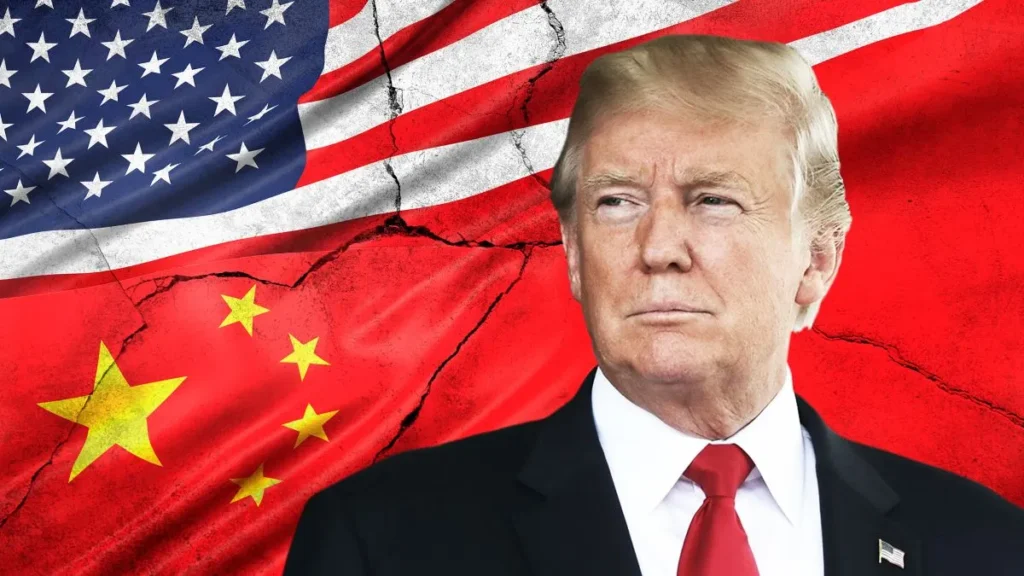
Xiao Feng, CEO of HashKey Group, stated that a pro-crypto stance by Donald Trump’s administration could encourage China to lift its restrictions on digital assets. In an interview with the South China Morning Post, Feng suggested that if the U.S. Congress and Trump clearly define their cryptocurrency policies, it could have a profound impact on China.
“If the U.S. actively promotes laws and supports cryptocurrencies, it will undoubtedly be a driving force for China to adopt [cryptocurrencies],” Feng said.
The Role of Sanctions and Global Shifts
Feng also highlighted the influence of U.S. and allied sanctions against Russia, including SWIFT restrictions. According to him, while it might have taken China another 5–6 years to embrace cryptocurrencies, the current geopolitical situation and international changes could shorten this timeline to two years.
Since 2021, China has maintained a ban on cryptocurrency operations, with violations punishable by imprisonment. Despite this, interest in cryptocurrencies persists, and the local market has largely gone underground.
Potential Policy Shifts
While Chinese authorities have not signaled any intention to change their stance on cryptocurrencies, Feng suggested that if the political climate improves, regulated stablecoin-based payment clearing systems might be the first to emerge.
“The introduction of regulated stablecoin clearing systems would be a logical first step,” Feng remarked.
According to HashKey’s surveys, nearly all merchants in the industrial hub of Yiwu have been asked about accepting payments in USDT and USDC. Feng attributed the popularity of stablecoins to their low transaction fees and ease of use for international transfers.
Challenges for Cryptocurrencies in China
In October, China’s Supreme Court classified cryptocurrency transactions as money laundering, further complicating the legal landscape for digital assets in the country. Feng believes these challenges underscore the need for clear regulatory frameworks to unlock the potential of blockchain technology and digital assets in China.








 Cryptol – your source for the latest news on cryptocurrencies, information technology, and decentralized solutions. Stay informed about the latest trends in the digital world.
Cryptol – your source for the latest news on cryptocurrencies, information technology, and decentralized solutions. Stay informed about the latest trends in the digital world.